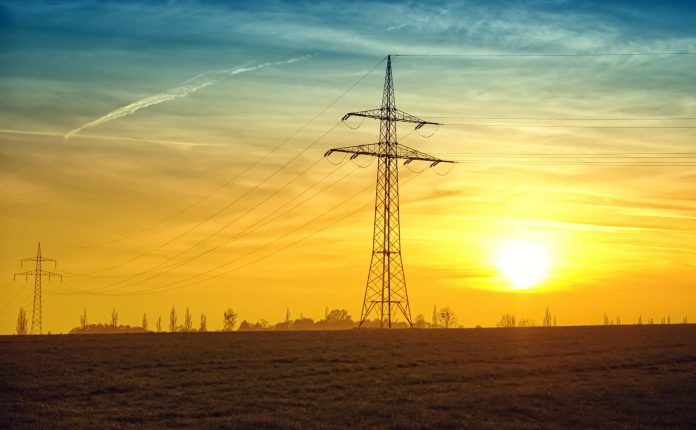By Victor Skinner
(The Center Square) — North Carolina energy prices are roughly on par with neighboring states, but rising fuel prices and efforts from the state to promote renewable energy are expected to increase costs for homeowners as soon as next month.
The most recent data from the U.S. Energy Information Administration shows North Carolina’s average retail price of 9.43 cents per kilowatt hour in 2020 is slightly below Tennessee’s 9.52 cents, South Carolina’s rate of 9.9 cents, and Georgia’s rate of 9.93 cents. Revised data is coming in December.
But the average retail price in the Tar Heel State runs slightly higher than the 9.16 cent rate in Virginia, and 8.75 cents in West Virginia and 8.58 cents per kilowatt hour in Kentucky.
Those figures run behind the national average of 10.59 cents per kilowatt hour nationally for the same year.
Rising fuel prices in recent years, as well as initiatives to promote renewable energy, are pushing up prices in North Carolina and the region and a proposal before the North Carolina Utilities Commission will likely increase electricity costs for homeowners further starting Sept. 1.
Duke Energy Carolinas is proposing to increase a typical bill for North Carolina residential customers by 6.6%, resulting in an increase of $6.94 per month for 1,000 kilowatt hours.
The company announced in March the increase proposed in its annual filings with the NCUC stems from “costs associated with fuel, state programs to encourage renewable energy adoption, and energy efficiency and demand management programs to reduce energy use.”
The proposed increase is expected to be decided by the NCUC this month and would take effect on Sept. 1. A similar process for an estimated 8.4% increase on residential customers is underway for Duke Energy Progress is expected to be decided in November for an effective date of Dec. 1, according to Sam Watson, general counsel for the commission.
North Carolinians with service through Dominion Energy North Carolina could also face rate hikes early next year.
Landon Stevens, director of policy and advocacy at the Conservative Energy Network, said the annual rate increases stem in part from the near monopoly energy companies have on the market in North Carolina and other states in the region.
The situation allows the companies to recoup rising fuel costs and other expenses to produce electricity directly from ratepayers, though state law in North Carolina does not allow the companies to profit from the fuel recovery.
“If you look at a state like Texas where it’s open to retail competition, the customers don’t pay for that,” Stevens said.
In North Carolina, “(A) lot of the recovery nowadays is driven by increasing natural gas costs,” said Jack Floyd, an engineer with NCUC’s Public Staff Energy Division. “It’s much higher than they estimated a year or two ago.”
Duke Energy Carolinas is currently seeking to recover $327 million, while that figure is $244 million for Duke Energy Progress, according to dockets filed with the NCUC.
The Conservative Energy Network studies ways North Carolina and other states could create a more competitive market to drive down costs for users, such as the report, The State of Electric Competition in the United States of America, released in June 2021.
A scorecard associated with that study gives North Carolina a failing grade for electric competition.
Victor Skinner is a contributor for The Center Square.
Originally published by The Center Square. Republished with permission.
For more on electricity prices, click here.
For more on North Carolina’s renewable energy projects, click here.


























